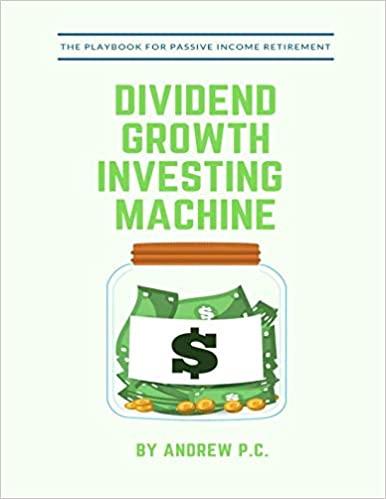Solve Question #3 in its Entirety use Excel if you have to. Check Q1 and Q2 to verify.


Question 1- Share Repurchases in Perfect Capital Markets ABC Company has no debt and a market capitalization of $1.5 billion and 35 million shares outstanding. It plans to distribute $65 million to its shareholders through an open market repurchase. Assume that markets are efficient and that there are no frictions i.e. no taxes, no transaction costs, etc.). A) What will the price per share of ABC be right before the repurchase? (Round to two decimals) Share price of ABC before the repurchase = Market value of shares / total shares outstanding in this case, the Market value of share will be equal to $1.5 billion as ABC is a no-debt company and outstanding share is 35 million. So, Share price $ 1.5 billion/ 35 million = $ 4.29 per share. B) How many shares will be repurchased? No. of share repurchased = Amount to be paid through repurchase price per share = $ 65 Million / $ 4.29 = 15,151,515 shares (approx) C) What will the price per share of ABC be right after the repurchase? (Round to two decimals) The share price after repurchase will be :-P = (S*MY(S-N) Where, P = Equilibrium repurchase price M = Current market price per share prior to distribution S = Number of shares outstanding prior to distribution N = Number of shares to be repurchased So putting values in the formula = $ 1.5 Billion /( 35,000,000 - 15151515) = $ 7.56 per share. Question 2 - Stock Valuation using DDM and Constant Retention Rate XYZ Corporation expects to have earnings at the end of this year of 2.87 per share. XYZ plans to retain 23% of its earnings in perpetuity. Each year, retained earnings will be invested in new projects with an expected return of 25.13% per year. Any earnings that are not retained will be paid out as dividends. Assume XYZ does not repurchase any shares and does not conduct any stock splits. Further, assume that all earnings growth comes from the investment of retained earnings. If XYZ's equity cost of capital is 11.4%, what share price would you estimate for XYZ? Share price = expected dividend / (equity cost of capital - constant growth rate) constant growth rate = Return on new projects retention ratio constant growth rate=25.13% 23% = 5.78% Share price $2.87 / (11.4% - 5.78%) = $51.07 Question 3 - Stock Valuation using DDM and Varying Retention Rate You have estimated the following earnings and payout rates for XYZ Corporation for the next five years (see table below). If XYZ retains earnings they can be invested in new projects with an expected return of 25.13% per year. You anticipate that after year 5 XYZ will payout 77% of its earnings in perpetuity. Any earnings that are not retained will be paid out as dividends. Assume XYZ does not repurchase any shares and does not conduct any stock splits. Further, assume that all earnings growth comes from the investment of retained earnings. If XYZ's equity cost of capital is 11.4%, what price would you estimate for XYZ's stock today? Show your work by completing a table similar to the one below (round amounts to two decimals). Year 0 2 3 4 5 EPS in $) Payout % 1 $287 0% 0% 52% 52% 77% Dividend per share in $) P. (Terminal value) Present Value Share price today








